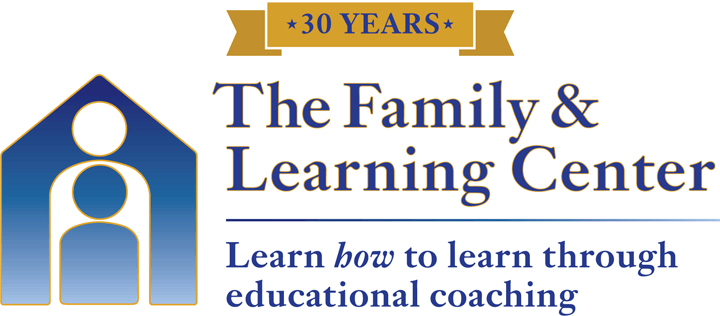
The brain is complex and powerful, but it doesn’t always work the way we want it to. Sometimes we forget things or find it difficult to remember certain details or concepts. Try using these 3 memory strategies to help you learn more efficiently.
There are three types of memory:
- Short term
- Working
- Long term
Short term memory deals with the information you’re receiving now (like the information in this blog), and it only stays in short term memory for 15 seconds at most. Anything we remember for more than 15 seconds is in our long -term memory, and it can possibly stay there for a lifetime. Working memory is the information you’re working with right now or the “in-action” memory. What you remember depends on if that information gets stored in your long-term memory well enough that you’re able to recall it when you need it.
There are several ways to get information stored in your long-term memory in a way you can recall it well. Here are three strategies that can help you remember:
Visualize It
In advertising, the visual is important because it’s what the client will probably remember the most. Visualizing the concept or an example of the concept in action will help solidify it. This means you understand it, and that makes it easier to remember. Visualizing the information and drawing it out on paper can help you even more because it gives you further interaction with the information you’re trying to learn.
Group Things Together
When you group information or concepts, it’s easier for the brain to store. The brain likes to organize information, so placing the information into categories before you study them will help your brain remember them much more easily. Let’s say you have 50 vocabulary words to memorize. If you chunk those words into five groups, your brain will see it as 5 chunks rather than 50 individual vocabulary words. Grouping things together before studying will help the process of getting the information into your long-term memory.
Tell a Story
Think about the interesting stories you hear. Are they ones about every day, normal events with nothing out of the ordinary? Nope. Create an amusing, memorable story, and plug in the information you are trying to learn. The more ridiculous or vivid the story is, the more memorable it will become. Make the story relatable to your own life as well, in order to make the details you want to remember or learn stand out.
The Educational Coaches at The Family & Learning Center can help your child find the memory strategies that work best for him/ her! Contact us today to schedule a complimentary consultation.
